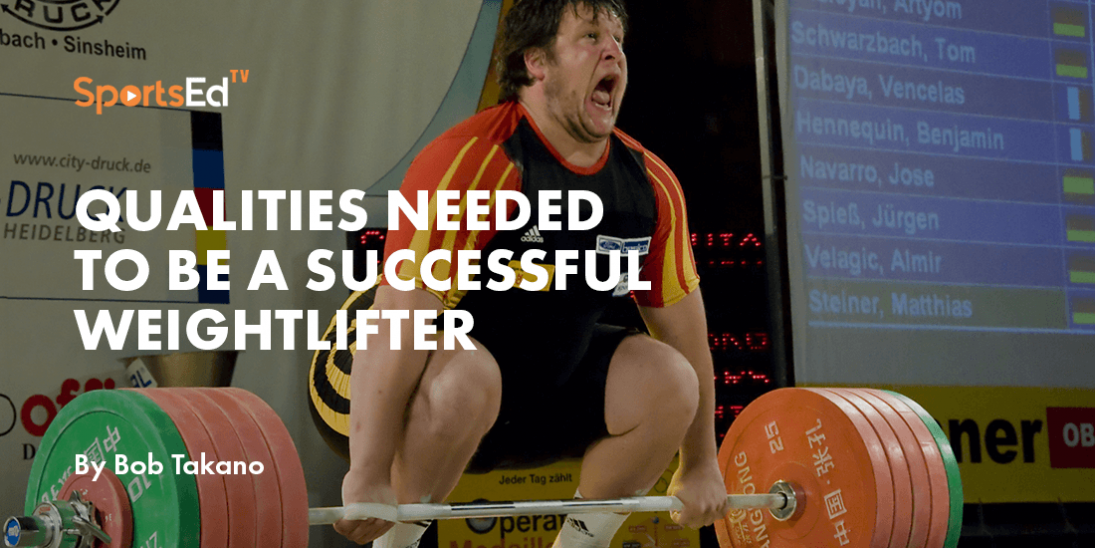Weightlifting
Welcome and thanks for visiting...

The Appeal of Standardized Weightlifting Events

The Appeal of Standardized Weightlifting Events
One of the factors that may have attracted certain personality types to the sport of weightlifting is the standardization of the events. If you cleaned and jerked 105 kg in a sanctioned competition, you know that that singular event could be recognized globally. The standards that defined the event were universal throughout the nearly 200 member nations of the International Weightlifting Federation, as well as the officiating that verified the authenticity of the lift.
Other individuals may claim to have performed some obscure exercise in the privacy of their basement gym, but they lacked the scrutiny of qualified officials.
Snatches and Cleans & Jerks are standardized events performed in front of reliable witnesses.
The goal of every weightlifter should be to improve their performance in these two events.
The Social Media Influence on Weightlifting Training
The ease with which videos can be posted to social media has enabled a perspective on the training of many beginner weightlifters. What is becoming more and more obvious is that many are focused on their improvement on auxiliary exercises. This is a common trap that many uncoached athletes can fall into.
Let’s say, for example, that your top pull needs work, so you are now including power snatches from the hang or blocks. Initially, this helps to improve your top pull and should carry over to your performance in the snatch. What might then happen is that you visualize a one-to-one relationship and expect constant work on the power snatch from blocks or hang, which will lead to equivalent improvement on the classic snatch.
Usually, this is not the case. The first pull is often neglected, and the classic snatch does not improve to the expected degree.
The recommendation here would be to cut back on the frequency of power snatches from the hang or blocks and expend more energy on exercises that will assist in balancing out one’s performance in the classic snatch.
The Importance of Balanced Training
Much of the programming for beginners should be focused on bringing all the aspects of the classic lifts into balance. If the first pull is a problem, it must be worked on till it balances out with the second pull, and then reduce the frequency. To do this accurately, the best source of feedback is a knowledgeable coach. The second best is self-evaluation or other training partners.
So, the conclusion here is that the focus must always remain on the classic lifts and stay away from the rabbit holes of auxiliary exercises. They are helpful, but knowing when they’ve fulfilled their function and then performing them less frequently or eliminating them altogether. Soviet weightlifting authority Robert Roman proposed that eventually, all weightlifters would only train snatches, cleans & jerks, and squats. This is a philosophical musing, but it is a valid direction. The top lifters are very well balanced in the component aspects of the lifts and need to spend less effort performing auxiliary movements.
The Benefits of Communal Training
While I’m at it, let me throw out a few thoughts on the difference between solitary and communal training. When COVID hit in early 2020 and we went into lockdown, communal weightlifting training became rare. This is substantiated by the record sales of weightlifting equipment in 2020.
Athletes new to the sport need to realize that although weightlifting performance is individual, the best training is communal. Frequent training with a coach and teammates allows for immediate feedback of the type previously mentioned and for spotting potential technical problems before they become more serious. This is far superior to what can be accomplished through once-a-week online sessions with a coach. The Pandemic is past, and serious lifters need to start thinking about resurrecting the communal aspects of training.








